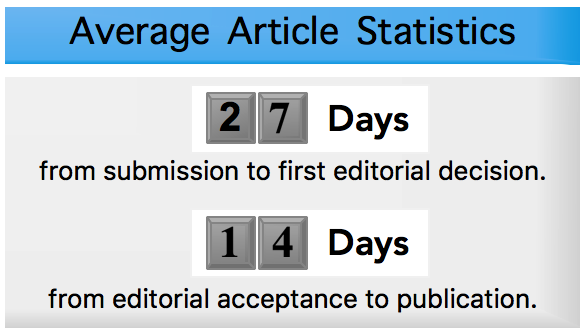Downloads
Abstract
The production activities of some small textile dyeing factories inadvertently cause some significant impacts on environmental quality. In this study, we take samples and analyze them to monitor the quality of water, air, and solid waste generated at 5 complete dyeing factories in Binh Hung Hoa ward, Binh Tan District, Ho Chi Minh City, Vietnam. We then assessed the environmental status of the finishing plants and their impact on the habitat of the surrounding residential area. The results show that industrial emissions and wastewater produced at these factories seriously violate standards such as dust and CO in the flue gas and color, Cu, BOD5, COD, TSS in wastewater. Specifically, at the outlet pipe of the factory (1), the CO concentration is 14.6 times higher than the National Technical Standard on industrial emissions (QCVN 19:2009/BTNMT). In the production wastewater, the concentration of Cu metal exceeds the standard by 1.5 times. The long-run will seriously affect aquatic life and human health at the plant and surrounding area. BOD5, COD, and TSS are 71, 63.07, and 63.16 times higher, respectively, compared to the National Quality Standard for Surface Water (QCVN 08:2015/BTNMT). However, air quality around the factory almost met the standard, which is due to the good air dispersion in this area. Furthermore, pollutant concentrations were higher in the dry season and lower in the rainy season. The situation of solid waste generation in the area is also assessed. Here, solid waste of small and insignificant volume, mainly collected as domestic waste, is not classified and is collected and treated by the Ho Chi Minh City Urban & Environment Company in accordance with regulations. Finally, several solutions have been proposed to reduce pollution and improve the environmental condition of this area.
Issue: Vol 4 No SI1 (2021): Special Issue: THE 2ND INTERNATIONAL CONFERENCE ON ENVIRONMENT, RESOURCES AND EARTH SCIENCES (ICERES 2021)
Page No.: SI70-SI83
Published: Dec 31, 2021
Section: Research article
DOI: https://doi.org/10.32508/stdjet.v4iSI1.903
PDF = 633 times
Total = 633 times

 Open Access
Open Access 








